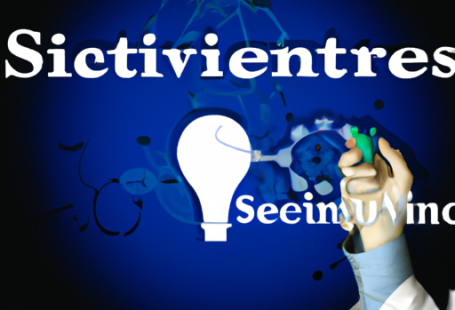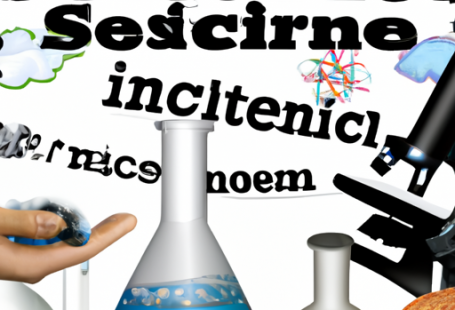What is Nanotechnology?
Nanotechnology is a field of science and engineering that deals with objects and materials at the nanoscale (1 to 100 nanometers). It is a relatively new field of research, but it has already had a significant impact on our lives. The principles of nanotechnology are applied in a variety of industries, from medicine and biotechnology to electronics and engineering.
Nanotechnology involves the manipulation of atoms and molecules to create materials and products with unique properties. For example, nanomaterials can be used to create materials with enhanced strength and durability, or to improve existing products such as solar cells and medical devices.
Applications of Nanotechnology
Nanotechnology is being used in a variety of fields. In the medical field, nanotechnology is being used to create devices that can detect and diagnose diseases. Nanomaterials are also being used in the development of drug delivery systems that can target specific areas of the body.
In addition, nanotechnology is being used to create materials with enhanced properties. For instance, nanomaterials can be used to create materials that are lighter and stronger than traditional materials. Nanomaterials can also be used to create materials with enhanced electrical and thermal properties.
Benefits of Nanotechnology
Nanotechnology offers many potential benefits, such as:
- Improved safety and performance of products
- Increased efficiency in manufacturing
- Increased accuracy in medical diagnosis
- Reduced environmental impact
- Enhanced energy efficiency
- Improved quality of life
Nanotechnology can also be used to develop materials with unique properties, such as materials that are resistant to corrosion or that can conduct electricity.
Challenges of Nanotechnology
Despite its potential benefits, nanotechnology also poses some challenges. The most significant challenge is the potential for unintended consequences. For example, if nanomaterials are released into the environment, they could have unexpected effects on plants and animals. In addition, nanomaterials could potentially interact with existing chemicals in the environment in unpredictable ways.
Another challenge is the potential for misuse. Nanomaterials could be used for malicious purposes, such as the creation of weapons or the spread of diseases. It is important to ensure that nanotechnology is used responsibly and ethically.
Finally, the cost of developing and manufacturing nanomaterials is likely to be high, making them unaffordable for many people.
Conclusion
Nanotechnology is an exciting field of research, and it has the potential to revolutionize many industries. Nanomaterials can be used to create materials with enhanced properties, and they can be used in medical devices and drug delivery systems. Nanotechnology also offers many potential benefits, such as improved safety and performance, increased efficiency, and reduced environmental impact. However, nanotechnology also poses some challenges, such as the potential for unintended consequences and misuse. Despite these challenges, nanotechnology is an important and promising field of research, and it is likely to have a significant impact on our lives in the future.






